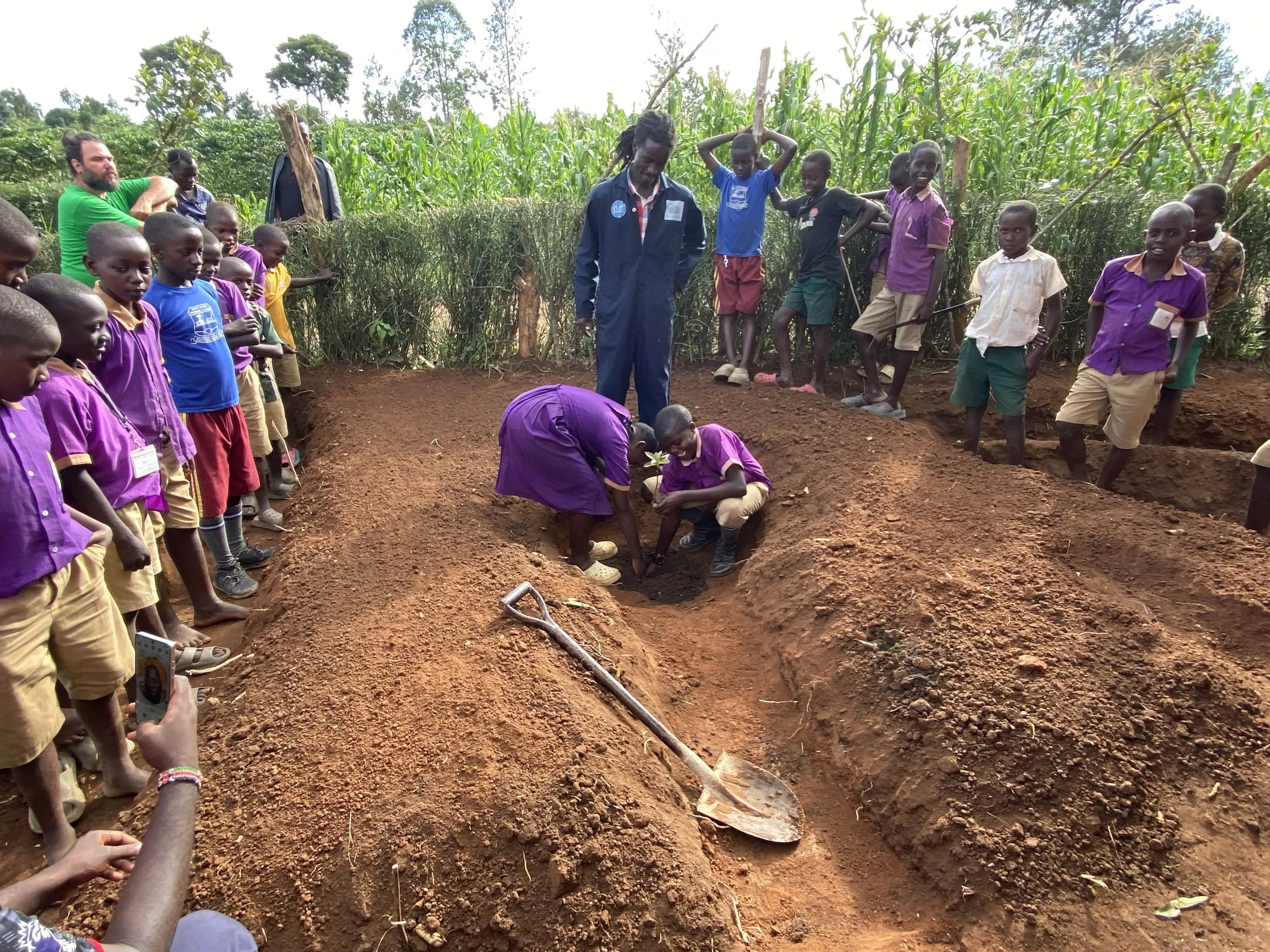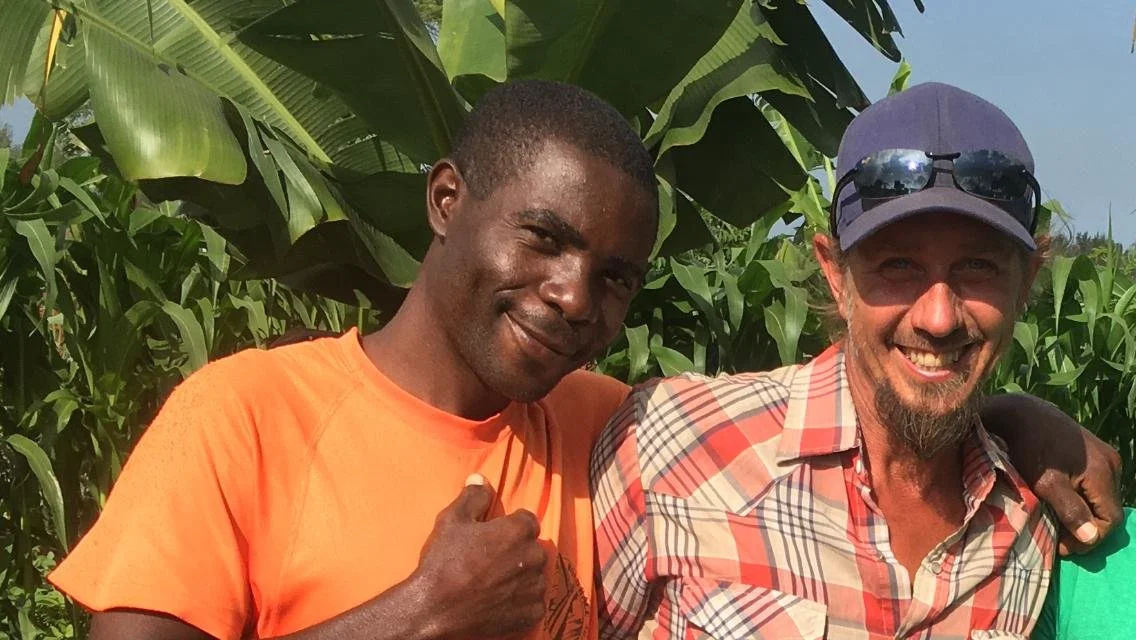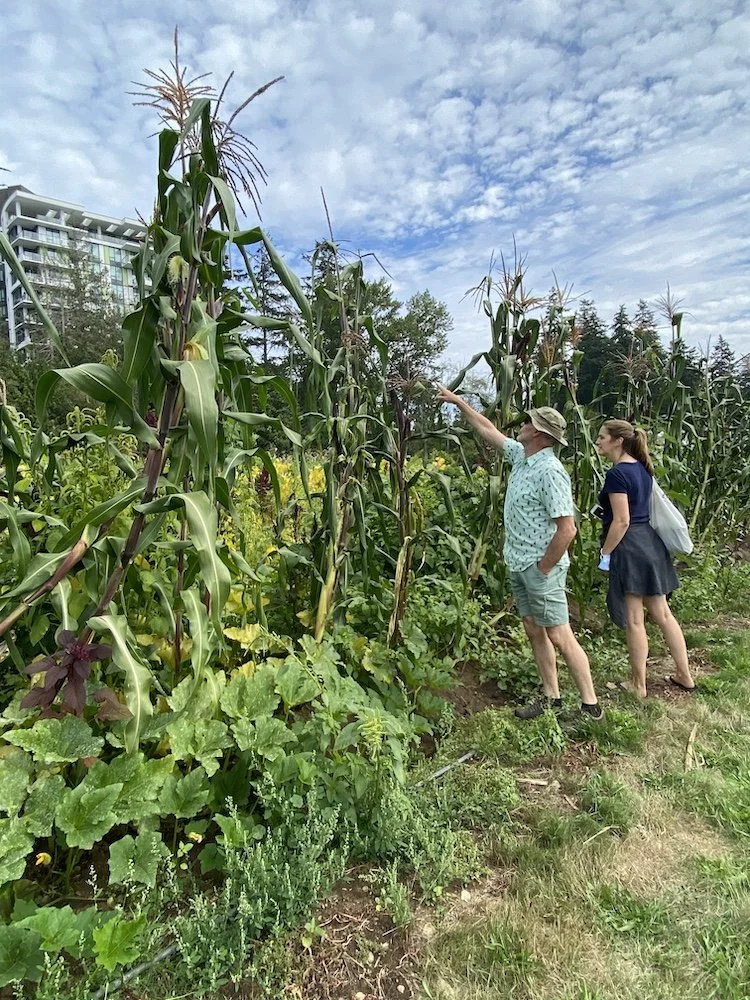
We serve local communities through regeneration, permaculture and Indigenous food systems.
Refarmers is a Canadian Registered Non-Profit Society operating since 2019. We have implemented projects ranging from a school food sovereignty program with the Kiangang Indigenous people of the Marrecas Reserve of Brazil, a pandemic response project mixing traditional farming practices with permaculture training for the Grandmothers Kitchen Garden Project in Kitgum, Uganda and a school food garden program in Kenya at Kakamega School for the Deaf. And we believe small-scale food growing is a powerful catalyst for positive social and environmental change.
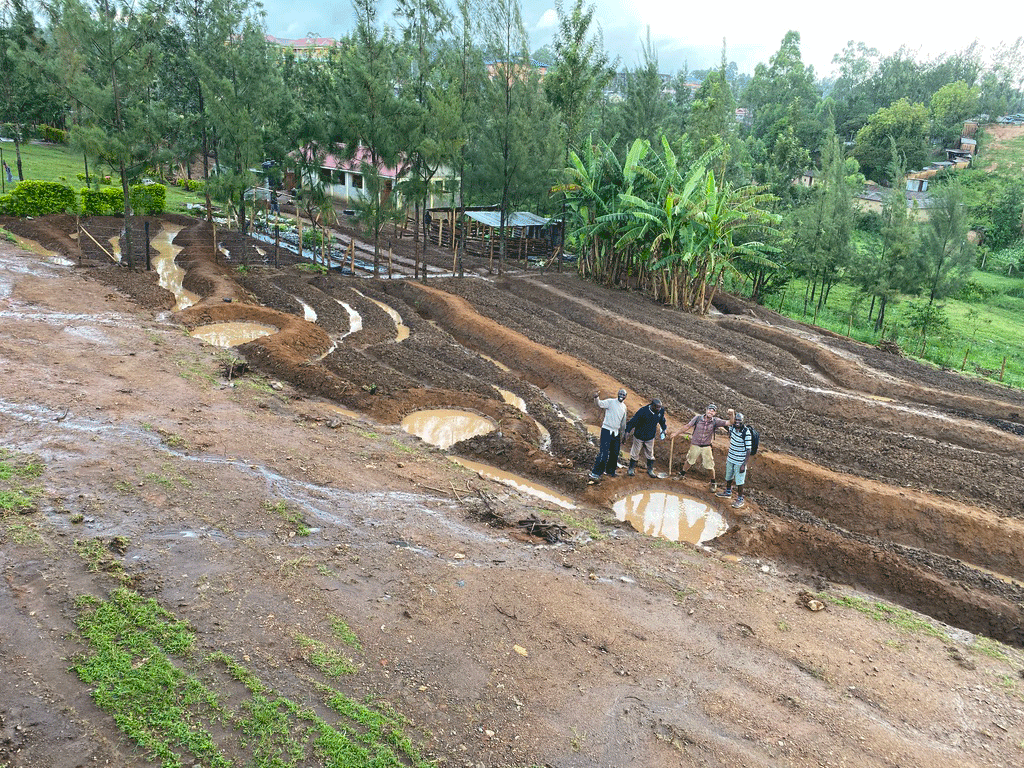
We work with organizations, schools and a network of local partners to create long-term regenerative agricultural solutions that enable communities to be the drivers of their own change.
2024/2025
Below are the projects we’re currently working on, along with our ongoing initiatives.
We’d also love for you to explore our past initiatives in Uganda, Brazil, Kenya, and Canada since 2019. Click the button below to visit our archived website, where you can find a collection of photos and detailed documentation of our work.
Projects
Refarmers supported the development of a half-acre permaculture food forest at this school of 400 children, working alongside local partner We4Climate. To make collaboration with the students easier, We4Climate initiated an Agriculture Club, through which 30 students helped build swales, keyhole and vertical gardens and compost systems to strengthen the school’s nutrition program and inspire the wider community.
Nyakabanda Primary School
Rwanda
Refarmers has partnered with Fliptown, a grassroots Ubuntu-inspired movement in Mubende, Uganda to bring permaculture gardens to youth and schools. Together, we support three schools: Noah’s Splendid School, Kaweeri Junior School and Kalingo Primary School providing water tanks and rainwater catchment systems, installing school gardens, planting fruit trees and creating regenerative learning spaces that share traditional wisdom. We also helped renovate the Fliptown Hub, where “Flippers” made up of underserved youth, create change in their own communities through agriculture, art, education and Indigenous knowledge.
Fliptown Collaboration
Uganda
Magarini Children’s Centre & Organic Farm
Kenya
Refarmers is actively involved in the development of the farm, water systems and education centre at the orphanage of 350 children and within the local community located in Malindi, Kenya.
Tsilhqot'in Nation Community Gardens
Canada
Refarmers supports the Tl’etinqox International Cultural Garden Centre in the creation and maintenance of its Indigenous food sovereignty project. We also worked with Xeni Gwet’in First Nation on their community garden project which includes two geodesic dome greenhouses.
Canada
Vancouver Urban Food Forest Foundation
Refarmers has been working with this urban project since its inception in 2020 and has helped it become the groundbreaking community organization it is today.
Kenya
Thika Children’s Rescue Centre
Refarmers partnered with Practical Permaculture Institute of Kenya and SCOPE Kenya for this project at an orphanage for rescued street children. Their barren land was transformed into a healthy food producing landscape and provides invaluable agricultural skills to the children.
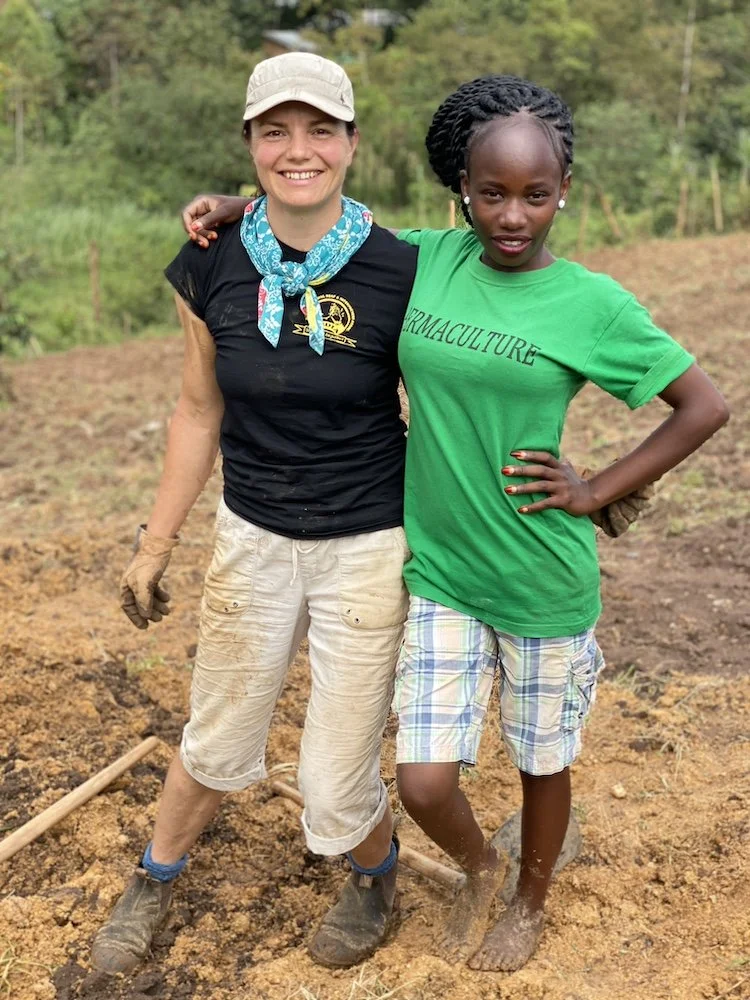

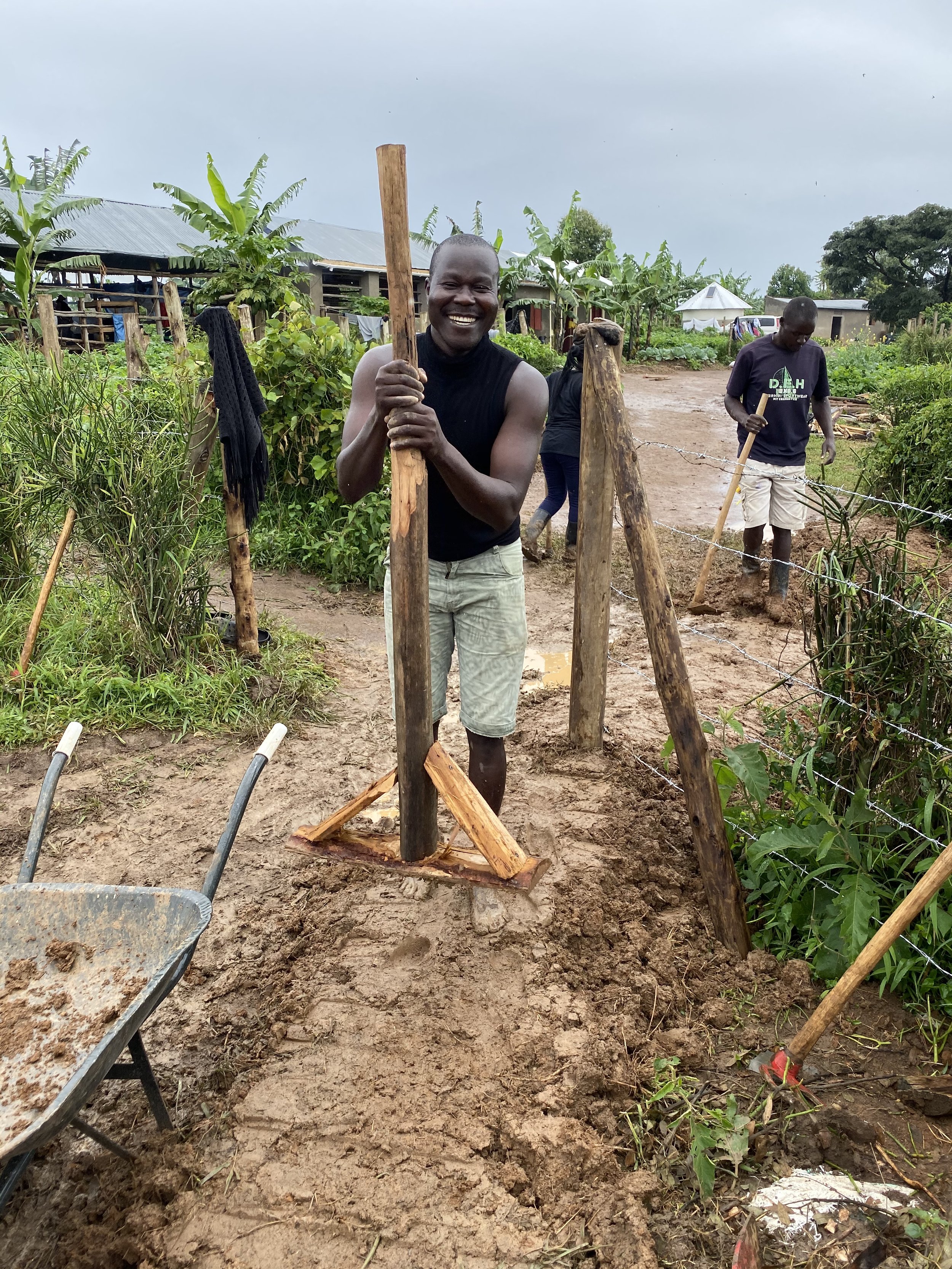
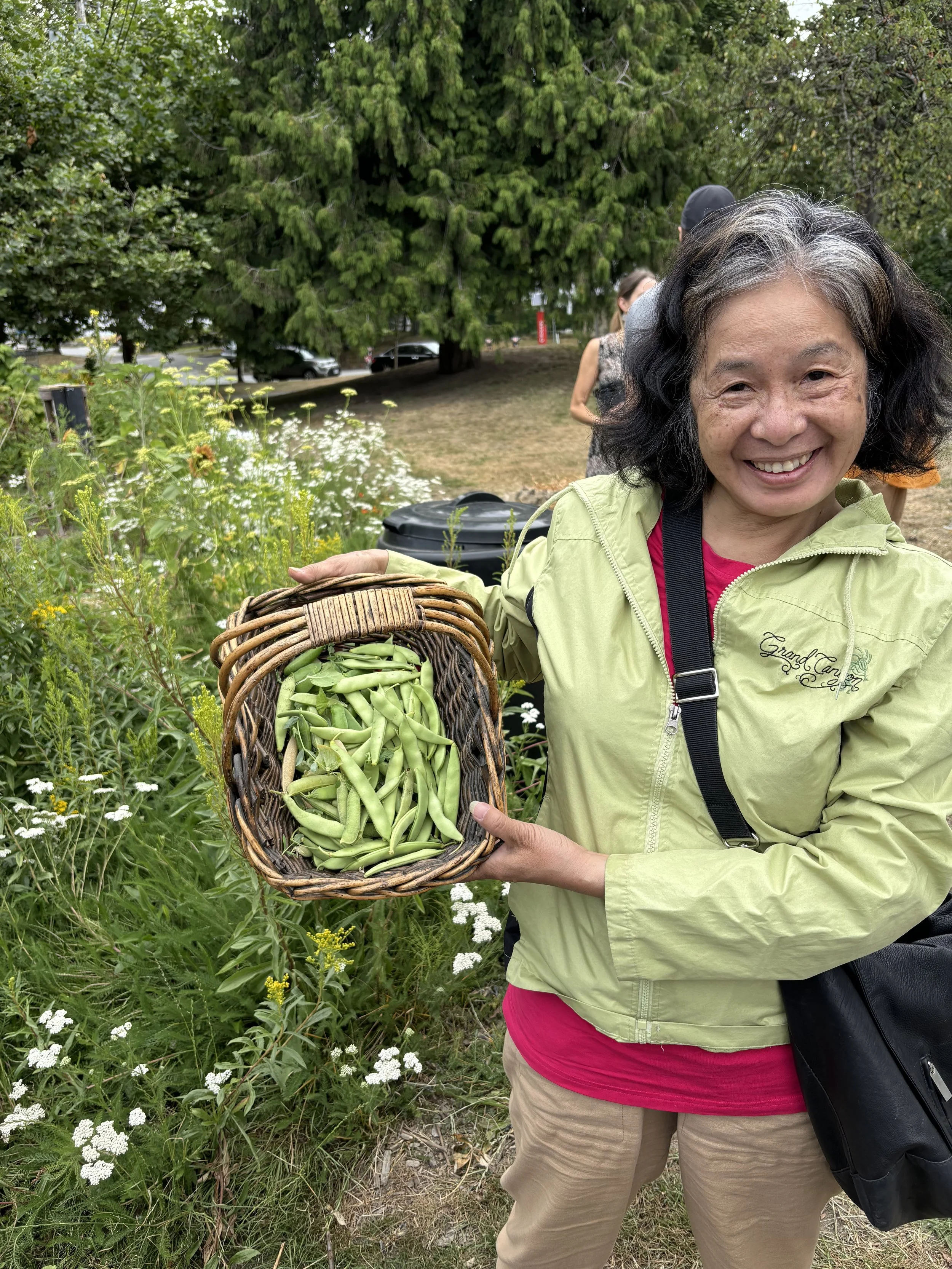
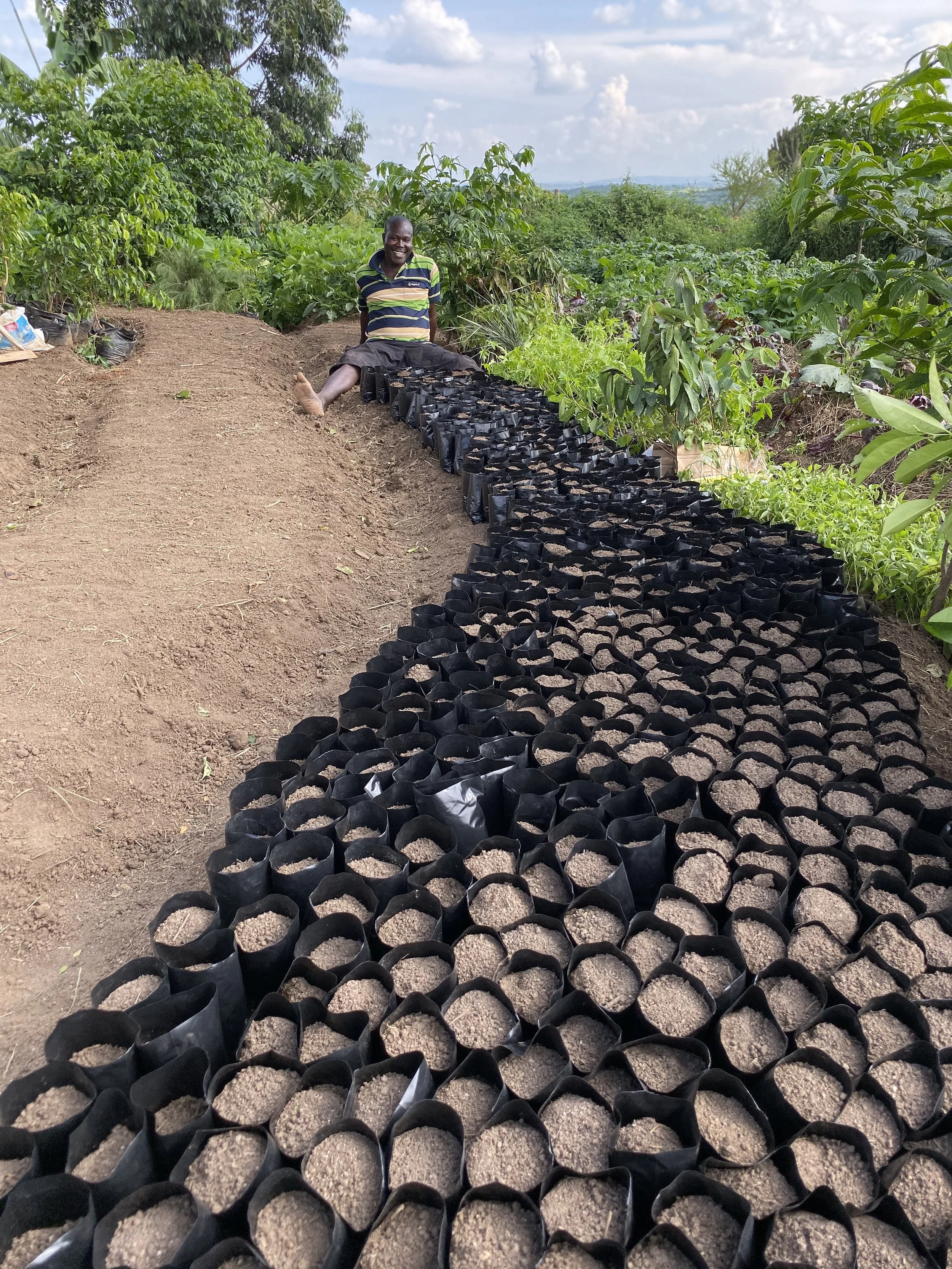
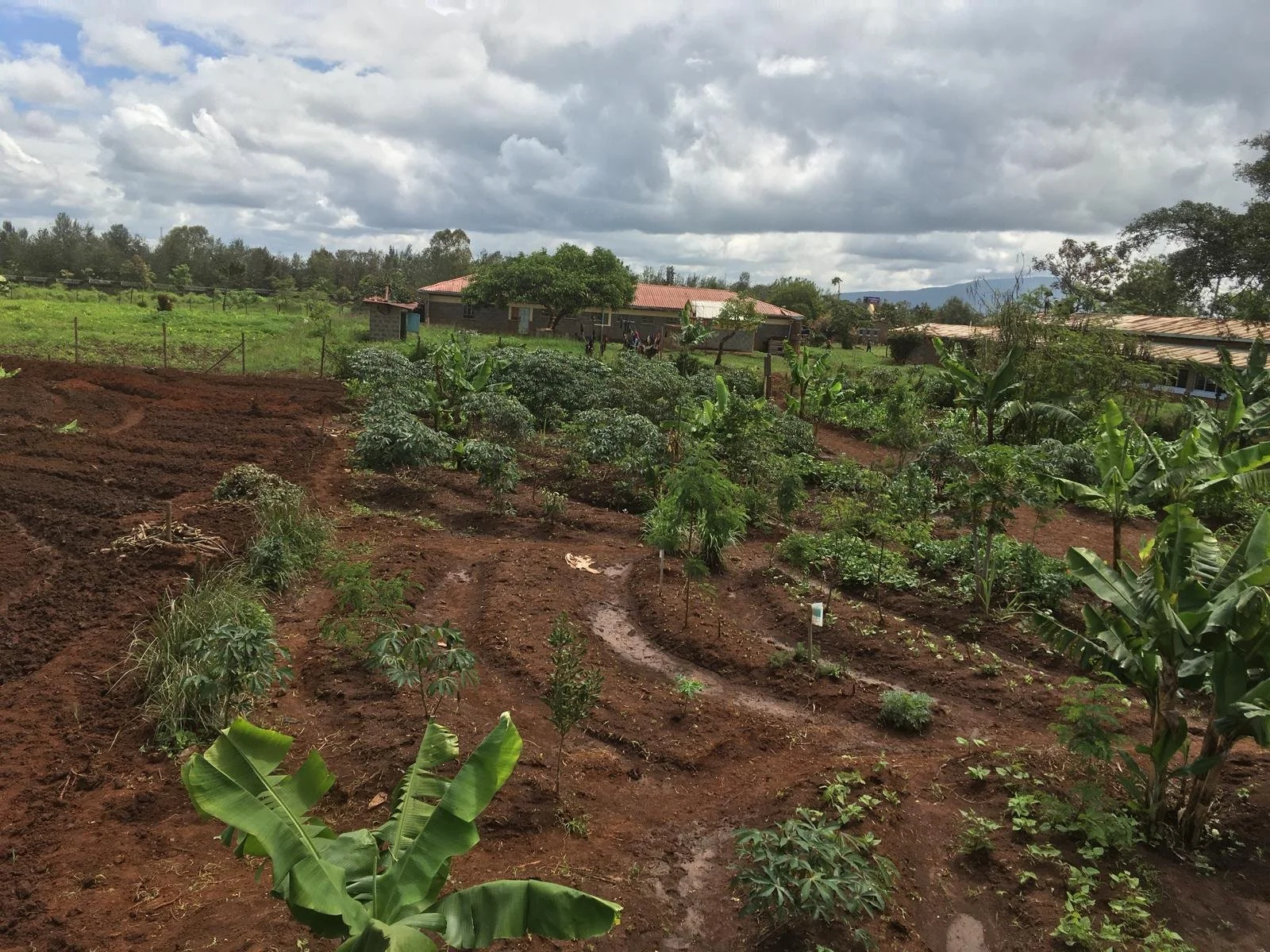


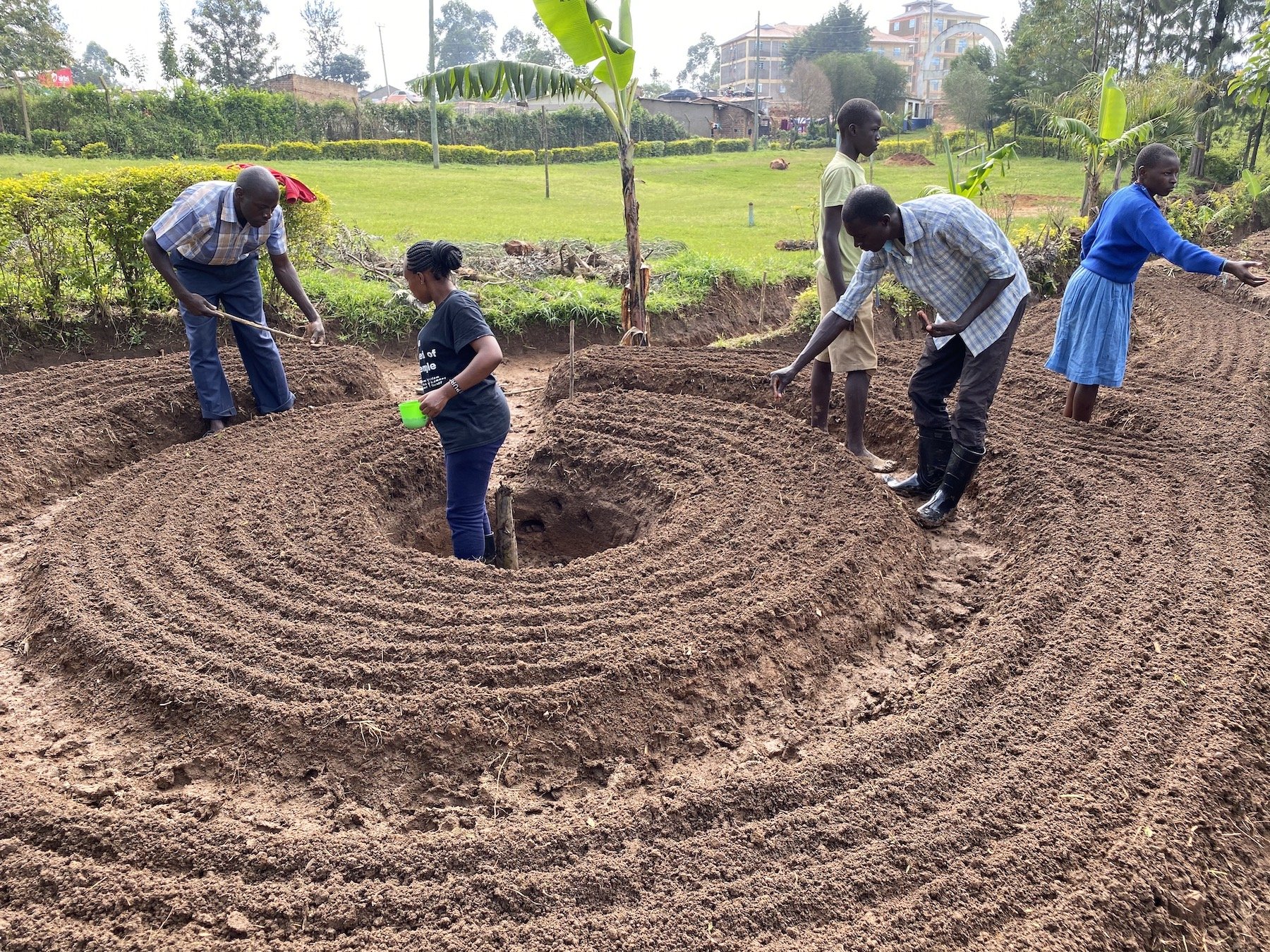
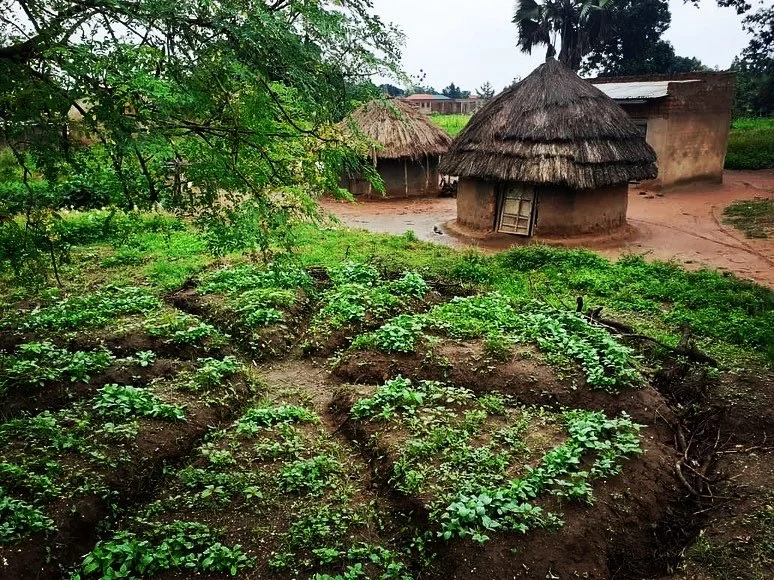
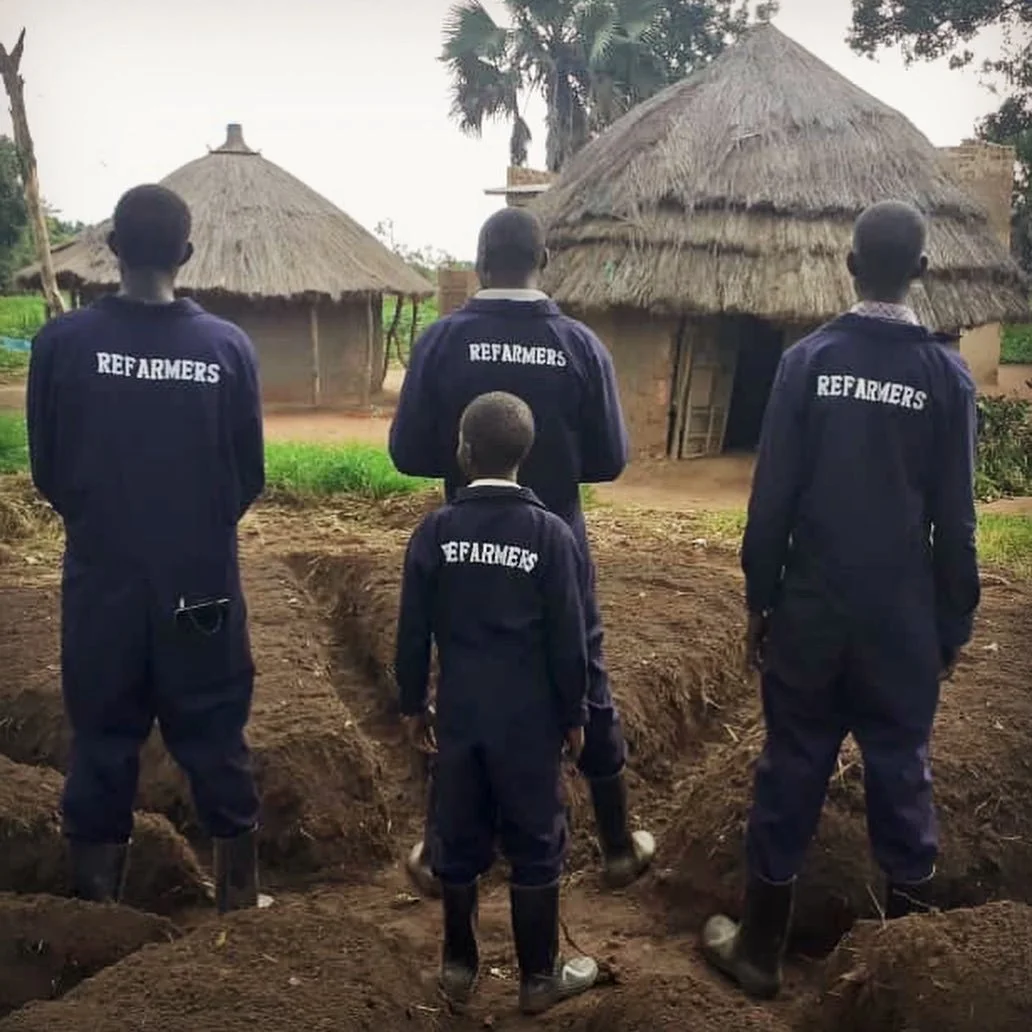
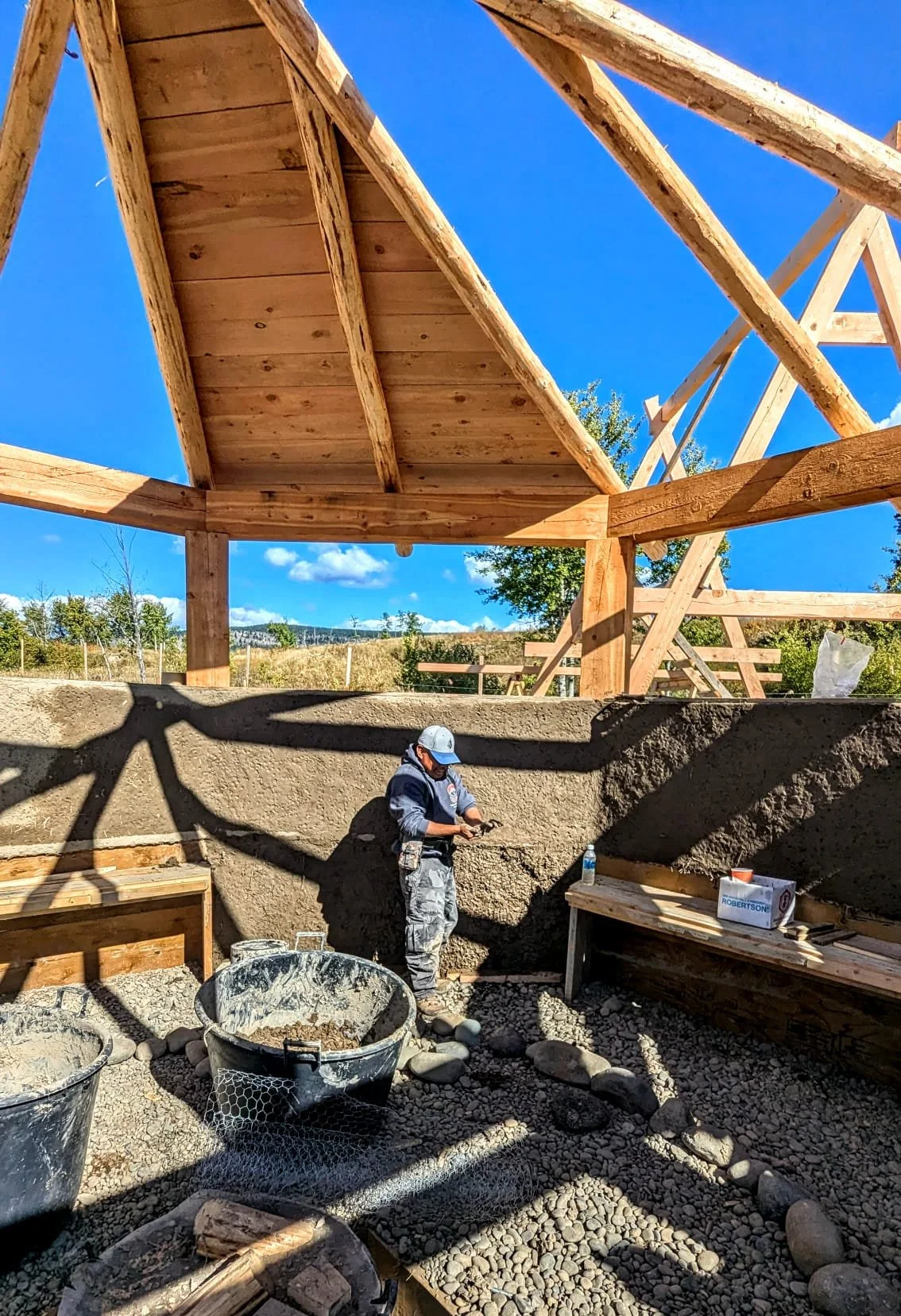
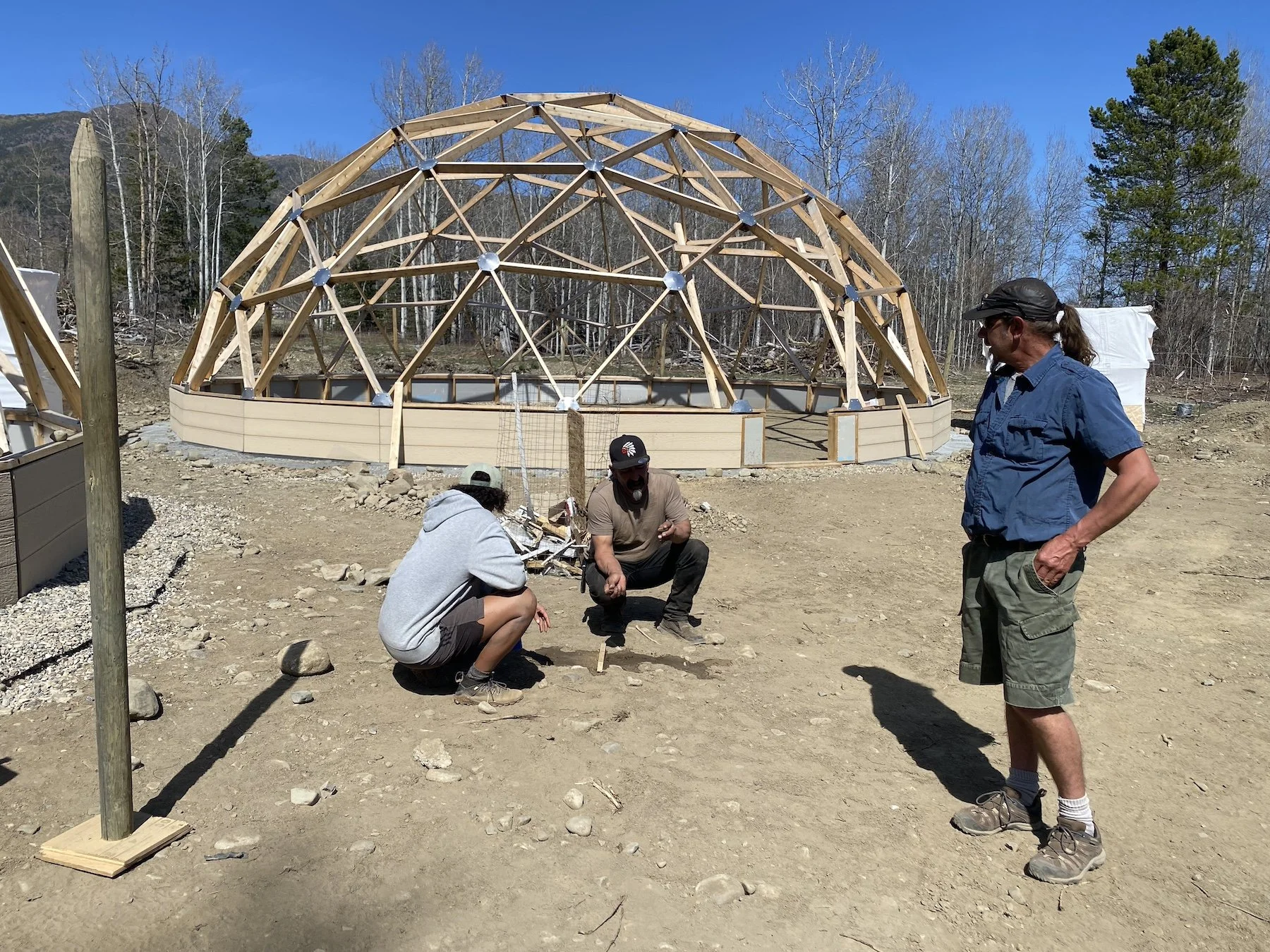



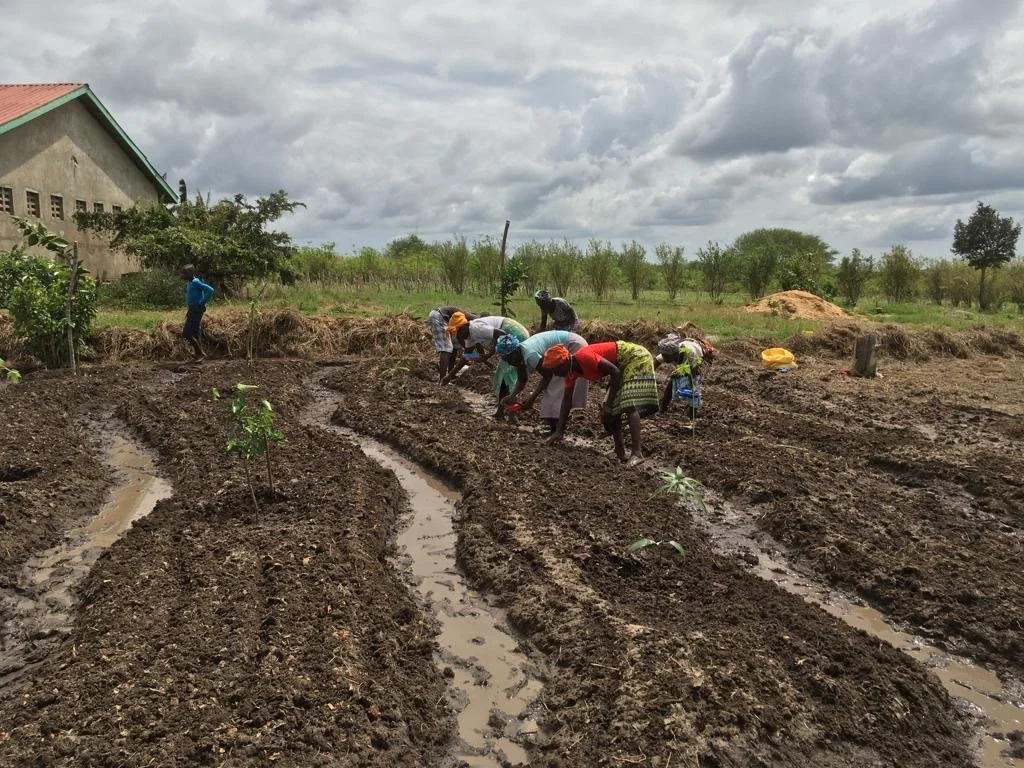
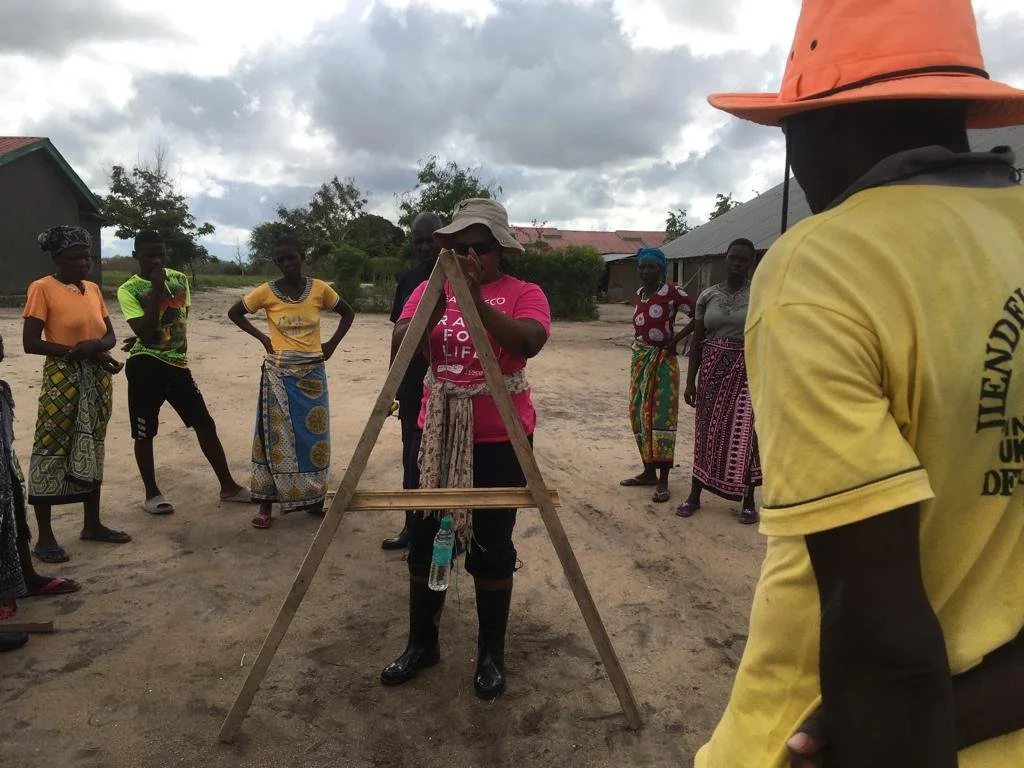
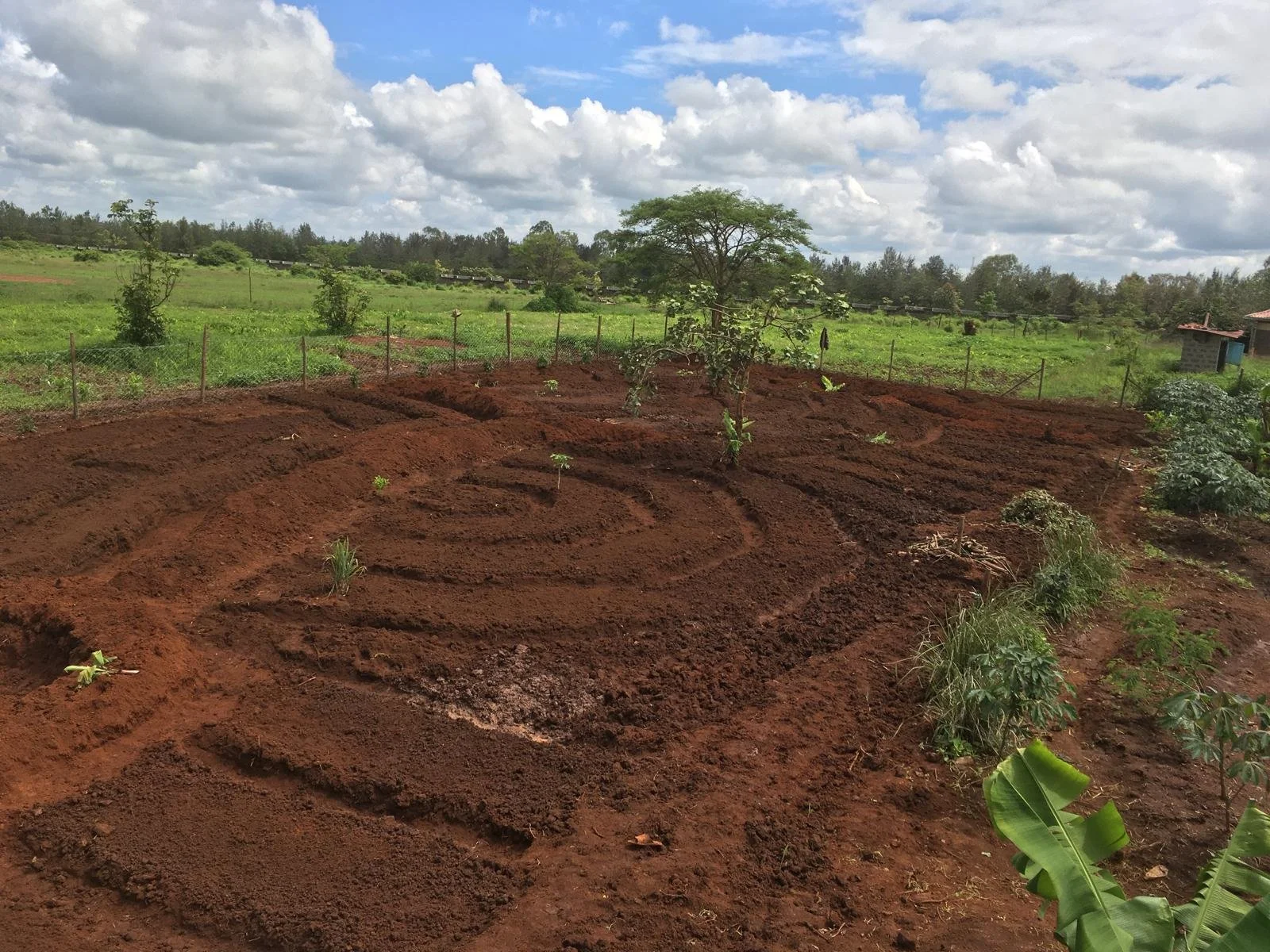
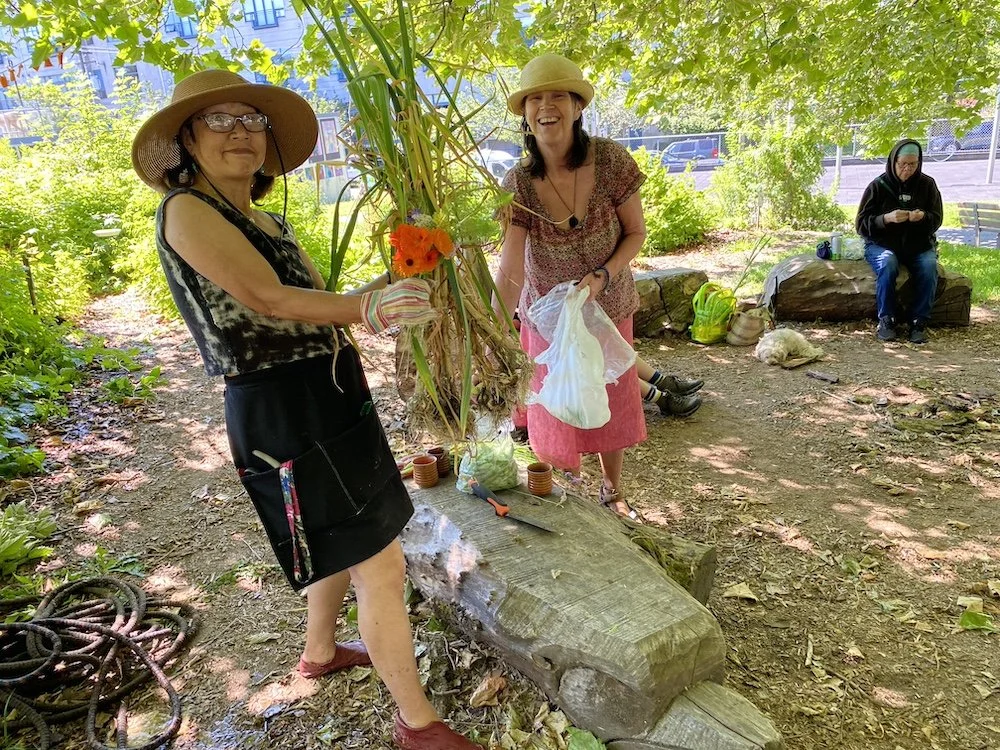

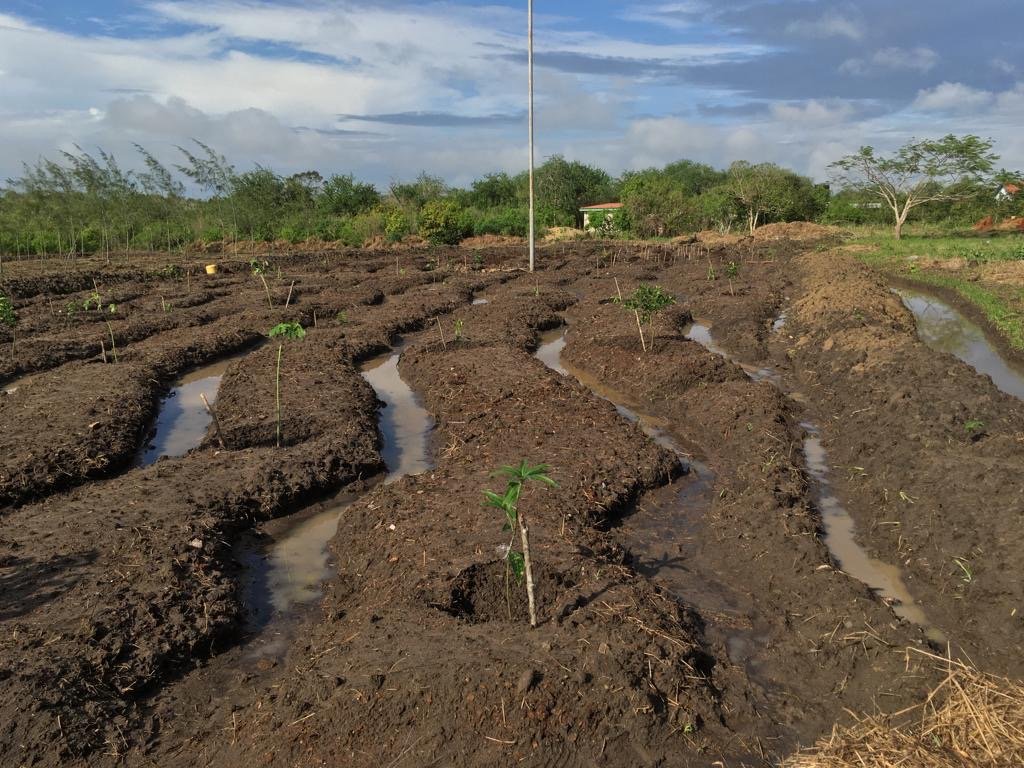
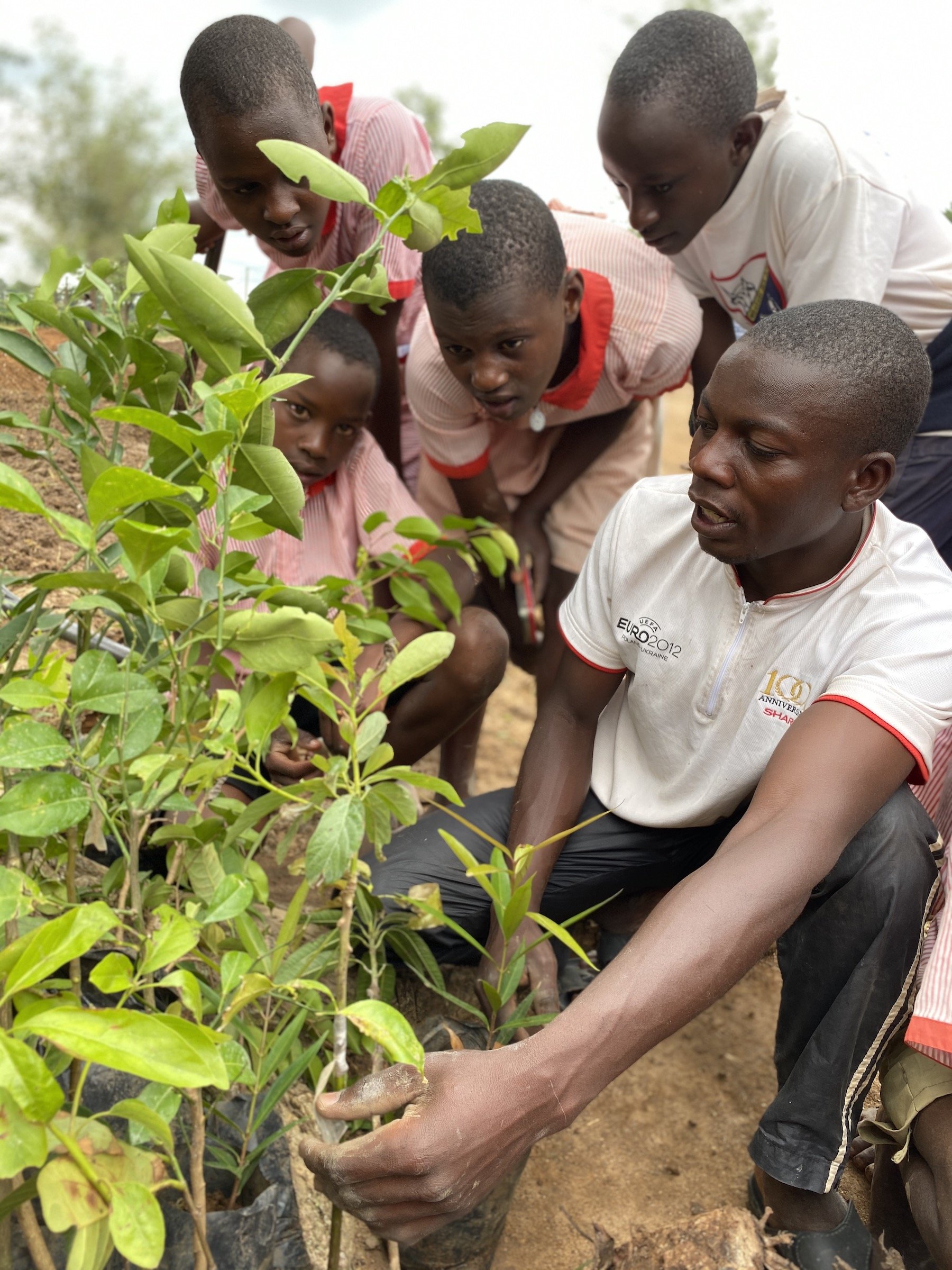
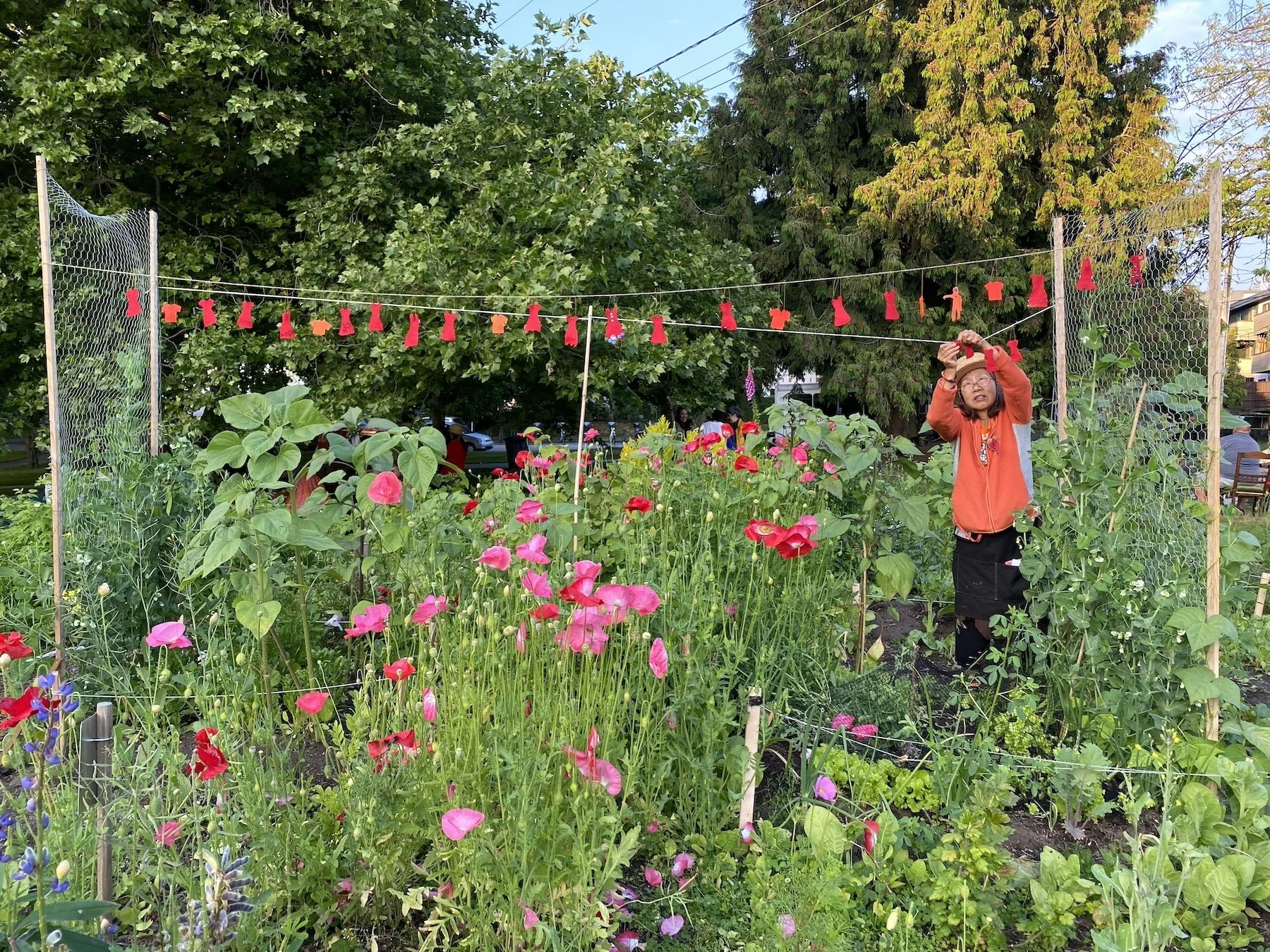
Please Donate today
Your support is integral to our life-changing work
We also happily accept e-transfers autodeposited to our email address refarmers.org at gmail.com
Team Refarmers
Refarmers is a small team of passionate humans comprised of 1 to 2 core team members on the ground during each project, 1 to 3 local project leads from the communities in which we work, 4 Board members, a few dedicated volunteer members and many supporters (like you!) from around the world!
Mwalimu & Brandon
Ruth, Marielle & Marie-Pierre
Ian & Dee Dee
Trevor & Valeria

“If you eat, you are involved in agriculture” Wendell Berry
Eating. Such a simple act with such a profound impact. Food is connected to everything we do and is one of biggest industries in the world. It permeates every sector, every life, almost every moment. It connects us to people all over the world. It connects us to our ancestors, our histories, the lands we were born on. How can growing food not be the tool we use to change the current social and environmental paradigm the planet faces today?
Growing food ourselves allows food to regain its social and political importance and creates self-sufficiency. When we grow food, it becomes obvious that by just simply eating we can shape the world in which we want to live.
Refarmers leads by example. We demonstrate how regenerative agriculture works by building small farms at schools, community centres and other food system hubs in rural and urban settings. We partner with dedicated community members and Indigenous knowledge holders who share about how to create food sovereignty, social justice and climate action through food growing.
Every project depends on local knowledge and participation for collaborative results. Working and learning together we install regenerative systems, plant crops to supply the local food system and share the many joys people reap from working together growing food.
We envision a future where growing food can be the way to solve some of the world’s most pressing problems.
Contact
Email
refarmers.org at gmail.com


